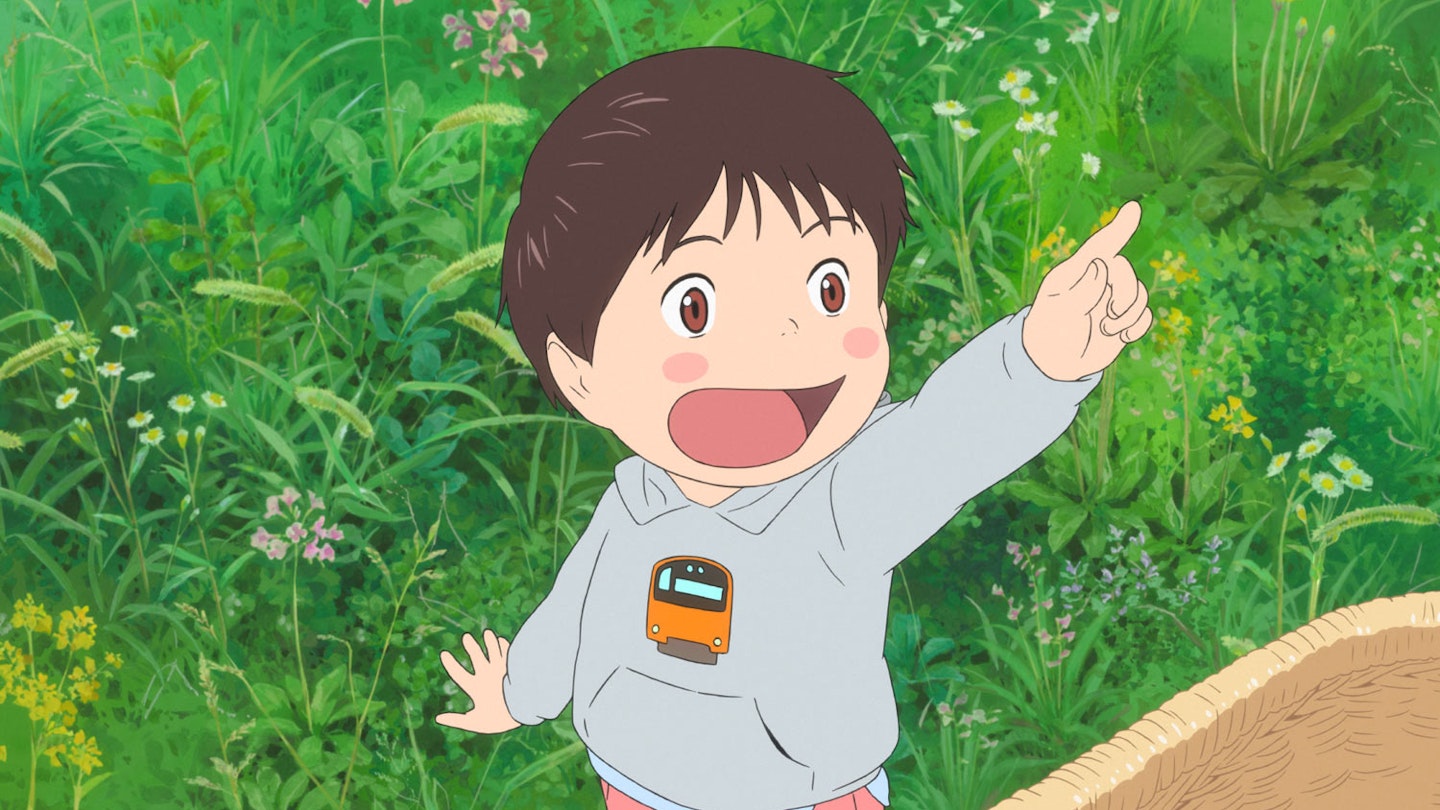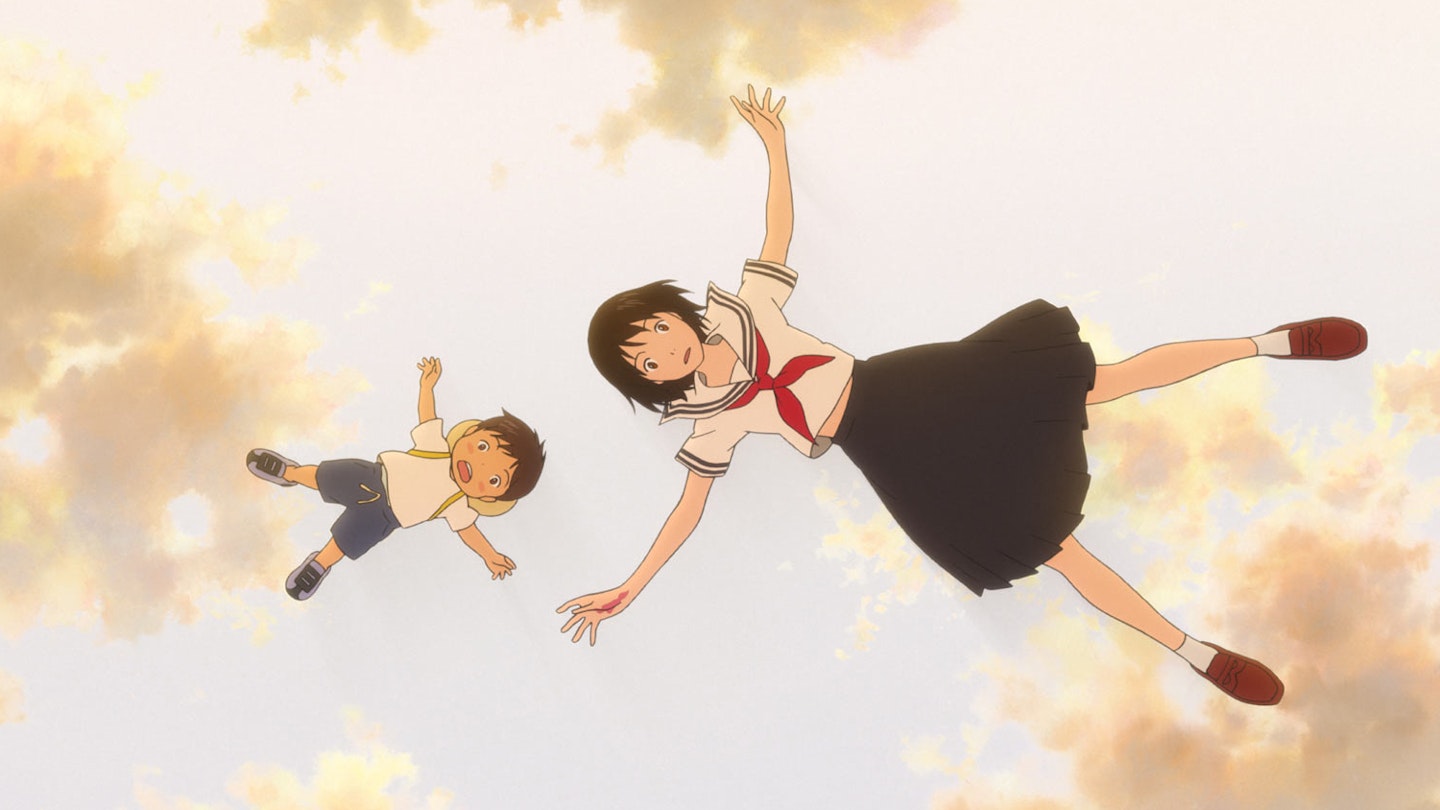With The Girl Who Leapt Through Time, Summer Wars, Wolf Children and The Boy And The Beast, founder of Studio Chizu, writer-director Mamoru Hosoda, has become associated with spectacular fantasies. But a unifying theme across Hosoda's diverse features has been the importance of family. It’s the case again here, as he draws on his own experiences as a father for this delightful account of a small boy's passage from spoilt only child to doting brother.

Essentially, this is a toddler equivalent of A Christmas Carol, as Kun is transported into various scenarios that give him a better understanding of his role within a family that has just expanded with the arrival of his sister, Mirai (whose name means “the future”). In each case, the vision begins in the enclosed courtyard of the house designed by Kun's architect father and, with each jaunt through space and time, the adventures become more epic in scale.
A heartfelt tale told with insight and charm.
They also shift in tone, with an amusing encounter with Yukko the dachshund (assuming the form of a ball-chasing prince to explain his frustration when he slipped down the pecking order after Kun was born) contrasting with a terrifying ordeal in a Tokyo railway station that segues into an emotional journey through the family annals.
On occasion, Hosoda overdoes the brattishness, with the close-ups of the boy's bawling mouth feeling clumsy beside some of the more exquisite imagery. The relationship between the parents is also rather sketchy. Yet this always feels rooted in a recognisable reality that becomes wincingly authentic when Kun strikes the crying Mirai on the head with a toy train because he's tired of her getting all the attention. Some anime fans might be disappointed by the prosaic, episodic nature of the narrative. But this is a heartfelt tale told with insight and charm.
